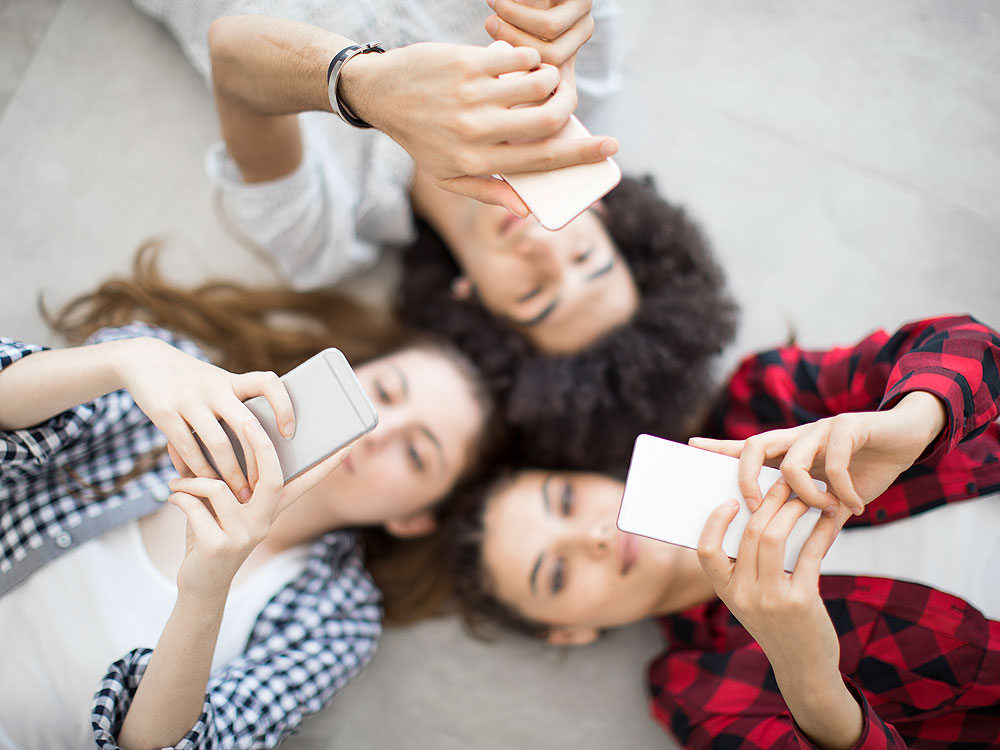Beating the Fear in All of us : Autoimmune


Anamika Phukan
Netv/ Dy365 former anchor
Las Vegas, Nevada
Just like coronavirus, fear is contagious too. But there is a difference. Only a percentage of us will contract coronavirus. Nearly everyone seems afflicted with fear.

As coronavirus pandemic has not just threatened the physical health of million but also wreaked havoc on the emotional and mental health of millions people around the world.
Feelings of anxiety, helplessness and grief are rising as people face an uncertain future.
When experts and researchers looks who cope well in crisis and even grows through it, its not those who focus on pursuing happiness to feel better; its those who cultivate an attitude of tragic optimism.
The term “Tragic optimism ” used by Viktor E. Frankl , the Holocaust survivor and psychiatrist from Vienna, sheds light on how I can reverse my thinking and can protect myself , my family and people I care for mental health during this pandemic.
As I settled back into my routine at home, I realized that even though fear and stress were around me, in the space of my own home and in the respite of my own body, I was in total control.
The days that followed I developed a plan to feel empowered over coronavirus and fear.
1. Focus on priorities
I am clear about my priorities. My health comes first, and during times of crisis, stress reduction is critical. Normal day-to-day stress can strain my immune system, but now stress levels are at their peak, so I must be more vigilant than ever with my self-care.
Life as I know it is going to change. I never thought of homeschooling, but here we are.
Have a routine, as much as I can. We know how important routine is, especially for kids, under normal conditions. And when schools are distance learning and many people are working from home or told to stay at home, it might feel like everything came to all off. But it’s actually much better for everyone’s mental health to try to keep a routine going, as much as possible.
Declutter your home.Working on your home if you have time can be a good way to feel productive and in control .“Studies say the predictability of cleaning not only offers a sense of control in the face of uncertainty, but also offers your mind body and soul a respite from traumatic stress.” Clear your Priorities .
2. Find the light in every situation
“If you’re going through hell, keep going.” ~ Winston Churchill
Practice gratitude. I check in with my thoughts regularly. try not to describe myself as “high-risk,” because I want to feel strong. I want mental immunity in addition to physical immunity.
My thoughts have significant influence over my health.

My mind is my greatest inconvenience right now.This is not the easiest thing to do in these times, particularly if you’ve felt the more brutal effects of the pandemic, like job or business loss, or illness. But practicing gratitude for the things we do have has been shown again and again to be hugely beneficial to mental health. the researchers found that writing down five things one was grateful just once a week was significantly linked to increased well-being. If you have little kids and it’s easier, try talking about and listing aloud things that make you happy and that you’re thankful for.
3. Maintain community and social connection
“No doctor can write a prescription for friendship and love.” ~Bessel van der Kolk, M.D.
As mentioned, we’re fundamentally social creatures, and during crises it’s natural to want to gather. Social connectivity is the perhaps the greatest determinant of wellbeing and one of our most basic psychological needs. Unfortunately, it’s the opposite of what we can do right now, so we have to be creative, to maintain both psychological closeness and a sense of community. Texting and social media are ok, but picking up the phone and talking or videoconferencing, or having a safe-distance conversation on the street, is probably much better.
Our society has become increasingly disconnected as face-to-face communication is replaced with screens. We need human contact. It is necessary for survival. Right now, we need our social connections more than anything.
Walking outside and had a delightful conversation with neighbor across the street. We may have been yelling, but there was no question we respected social distancing. It felt great to have human connection.

I hold in my heart how much better I felt when I noticing a stanger smiling at me in the grocery store. It calmed me instantly.
This is my focus—the healing power of relationships—the greatest boost we can offer to our immune systems. Remember that social distancing doesn’t mean social isolation. Check on elderly ,family and friends also help. Be also kind, be of service from a distance. And on a more local note, organizing efforts to help neighbors in need of food or supplies, buying gift certificates to local business, ordering takeout from neighborhood restaurants, and helping fundraise locally can help the financial fallout that’s happening all over the country
4 .Restriction beyond sheltering at home.
I have to restrict my intake of the news and social media , because I am sensitive to the fear and stress. This is good self-care—a balance of being informed without getting overly focused on content that weakens my mental immunity.

For me, just one hour of late-night television is enough exposure. Social media check-ins per day and I get my dosage of updates on current events.
Sometimes I have to tell myself, I don’t want to talk about the coronavirus and instead suggest ,I share memories and laugh. “Laughter is the best medicine” might be cliché, but laughing increases happy chemicals that result in a positive mood and greater well-being.
5. Exercise and Meditate
Start an at -home exercise routine .Working out at home in these times is obviously a good way to stay healthy and kill indoor time. There are lots of options. Many online workout sources are offering free access or longer free trial periods during this time, which might be worth looking into. But again, anything that gets your heart pumping or builds muscle is excellent for both physical and mental health .
Meditate, or just breathe .I made my own affirmation to meditate —- Our world is safe , the pandemic which came is over, finish forever.
Meditation has lots of research behind it, as most people by now know—it’s been shown to reduce symptoms of depression and anxiety, and even increase the volume of certain areas of the brain.
But if meditation isn’t for you, just breathing slowly might be help. Controlled breathing has been used for millennia to calm the mind.
Nothing can beat fresh air too. Getting outside in nature if you can on your back yard. This is much easier in the country or suburbs, but if you’re in the city and it’s feasible, shimmy past your building neighbors and go for a walk in the park. Remember to stay six feet away from other people.
6. Be kind to yourself
This might be the most important thing to keep in mind—don’t beat yourself up when things are not going perfectly in your household. On top of everything else, being upset with yourself is totally counterproductive. If the kids watch too much Netflix or play too many hours of video games, it’s not the end of the world. Things are going to be hairy for a while, and if you can’t stick to your schedule or can’t fit in your at-home workout every day, it’s really not such a big deal in the long run. It’s much more valuable to everyone to cut yourself some slack, use the time to reflect on the important things, and try to keep a sense of “we’re all in this together” at the forefront.
When I smile at the people in my community providing services to those of us sheltering at home and I say, “Thank you for your services,” I feel at peace because kindness reminds my body and mind what is most important.
“The problem is not the existence of stressors, which cannot be avoided; stress is simply the brain’s way of signaling that something is important. The problem—or perhaps the opportunity—is how we respond to this stress.” ~The Book of Joy